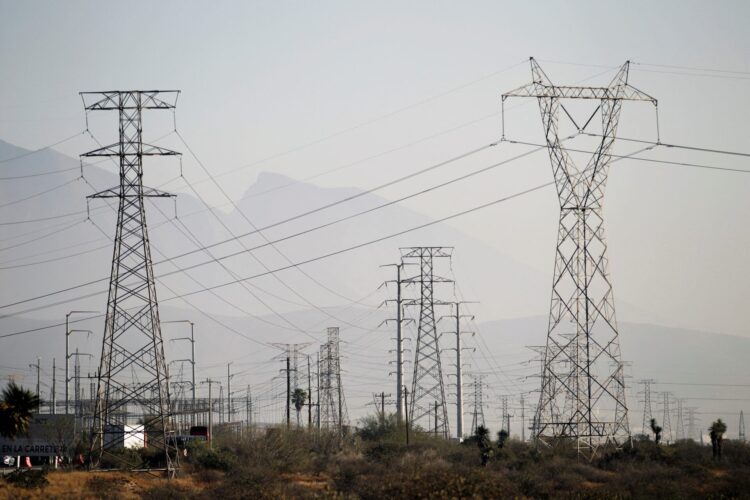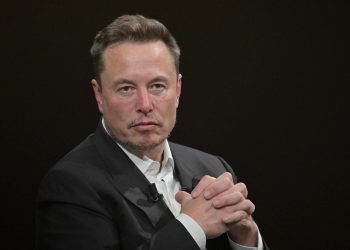Mexico’s new president-elect, Claudia Sheinbaum, is preparing an important plan to increase private sector participation in the country’s energy sector. Recognizing that the government does not have the necessary resources to expand the use of renewable energy and address electricity distribution problems, a senior cabinet official confirmed the need for private capital to fill this gap.
The Minister of Economy, Marcelo Ebrard, announced that Sheinbaum will present his vision on private investment on October 15 in a forum that will be attended by important business leaders from the United States and Mexico. This plan is crucial as Mexico’s energy infrastructure, particularly in the northern regions, requires a substantial upgrade to meet the growing demand for energy, especially clean energy. “We need to generate clean energy like never before in the history of Mexico,” Ebrard said, highlighting the government’s dependence on private capital to achieve these goals.
Sheinbaum’s administration has set an ambitious goal of generating 45% of Mexico’s energy from renewable sources by 2030. However, analysts have raised concerns about the viability of this plan, which could require investments of up to 50 billion dollars.
Mexico’s business community is cautiously optimistic about the new administration, especially after mixed signals from the previous government under President Andrés Manuel López Obrador. Investors are now watching closely how Sheinbaum will manage the balance between populist policies and economic pragmatism.
Ebrard stressed the importance of strengthening relationships with business leaders, particularly in the United States, and reducing dependence on Asian imports. By deepening economic ties with partners in North America and Europe, Mexico seeks to support its energy and industrial sectors, while avoiding trade conflicts.
The future of Mexico’s energy policy is crucial not only for its economic development, but also for its role in global trade, as the country navigates its relations with both its northern neighbors and key international markets.















